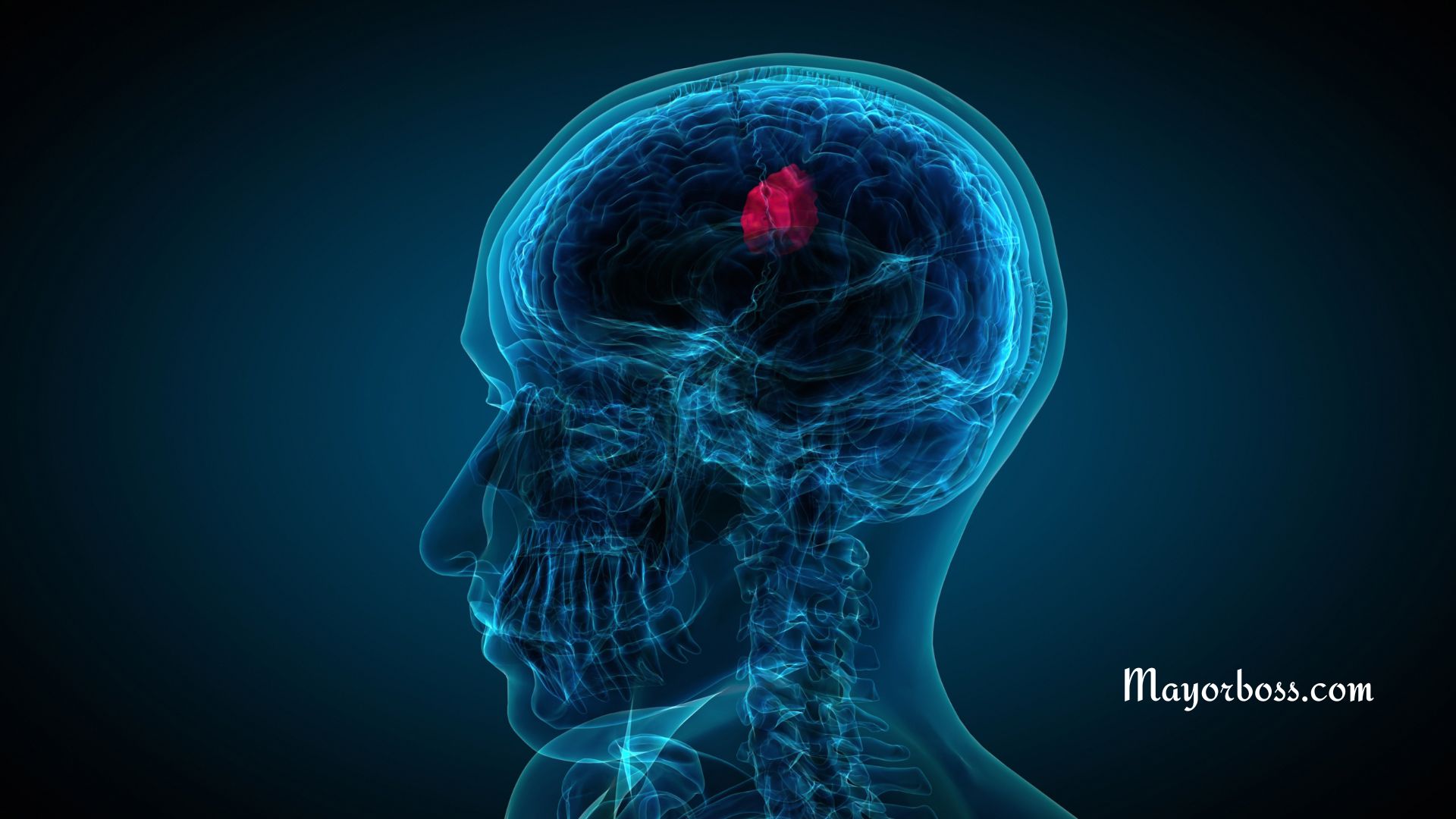6 Symptoms Of Brain Tumors You Shouldn’t Ignore
A brain tumor happens when abnormal cells grow in or around the brain. Some tumors are harmless (benign), while others can be dangerous (malignant). Even if a tumor isn’t cancerous, it can still press on important parts of the brain and cause problems. The sooner you notice symptoms, the better your chances of getting help early. Here are six warning signs that might mean you need to see a doctor.

1. Headaches That Don’t Go Away
Many people get headaches, but certain types might be a sign of a brain tumor. Watch out for headaches that:
- Feel worse in the morning or after waking up
- Get more painful when you sneeze, cough, or move suddenly
- Come with nausea or vomiting
A tumor can increase pressure inside your skull, which leads to these headaches. However, having headaches alone doesn’t mean you have a brain tumor. If your headaches become frequent or more severe, see a doctor to find out the cause.
2. Blurry Vision or Other Eye Problems
A tumor near the optic nerve or other vision-related areas can cause issues like:
- Blurred or double vision
- Loss of side vision (peripheral vision)
- Seeing flashing lights
- Trouble focusing your eyes
If you notice sudden or ongoing vision problems, get your eyes checked. If needed, a doctor can do tests to see if a tumor or another issue is causing it.
3. Trouble With Balance and Coordination
Some brain tumors can affect movement and coordination, leading to:
- Stumbling or tripping often
- Difficulty doing fine movements like buttoning clothes or writing
- Feeling unsteady when standing or walking
Losing balance can be a sign of a brain issue, so if this happens often, a doctor can check your nervous system and run tests if needed.
4. Seizures
A seizure is when the brain has a sudden surge of abnormal activity, which can cause:
- Jerking movements in the body
- Loss of awareness or unconsciousness
- Strange behaviors like lip-smacking or blinking a lot
- Confusion or disorientation afterward
Seizures can happen for many reasons, but if someone has one without a history of epilepsy, a doctor may recommend brain scans to check for a tumor or other causes.
5. Memory Problems and Mood Changes
Tumors in the brain’s thinking and behavior centers can lead to:
- Trouble focusing or remembering things
- Difficulty making decisions
- Sudden mood swings or personality changes
These changes can be hard to notice at first, but family and friends might see a difference in how you act. If these issues don’t go away, talk to a doctor about possible causes.
6. Feeling Sick or Vomiting Without a Clear Reason
While nausea and vomiting can happen for many reasons, they could be a warning sign of a brain tumor if they:
- Happen more often in the morning
- Are not related to food or stomach problems
- Occur along with headaches or dizziness
If these symptoms last for a long time or get worse, it’s best to get checked by a doctor.
When to See a Doctor
Not all of these symptoms mean you have a brain tumor. Many other conditions can cause similar problems. However, if you have one or more of these symptoms for a long time or they keep getting worse, see a doctor for an evaluation. Early diagnosis can lead to better treatment possibilities.
How Doctors Diagnose Brain Tumors
If your doctor thinks you may have a brain tumor, they may:
- Ask about your symptoms and health history
- Do a physical and neurological exam to check your reflexes, memory, and balance
- Order imaging tests like an MRI or CT scan to look inside your brain
- Run blood tests to check for other possible causes
Treatment
If a brain tumor is found, treatment depends on its size, type, and location. Common treatments include:
- Surgery to remove the tumor
- Radiation therapy to shrink or destroy cancer cells
- Chemotherapy to attack cancer cells
- Targeted therapy that focuses on specific tumor characteristics
Sometimes, a combination of treatments is used. Patients may also need physical therapy or counseling to help manage the effects of the tumor or treatment.
Final Thoughts
Brain tumors can cause symptoms like headaches, vision problems, balance issues, seizures, memory troubles, and unexplained nausea. While these signs don’t always mean a tumor is present, they should not be ignored. If you notice these symptoms lasting or getting worse, seeing a doctor for an evaluation is important.
